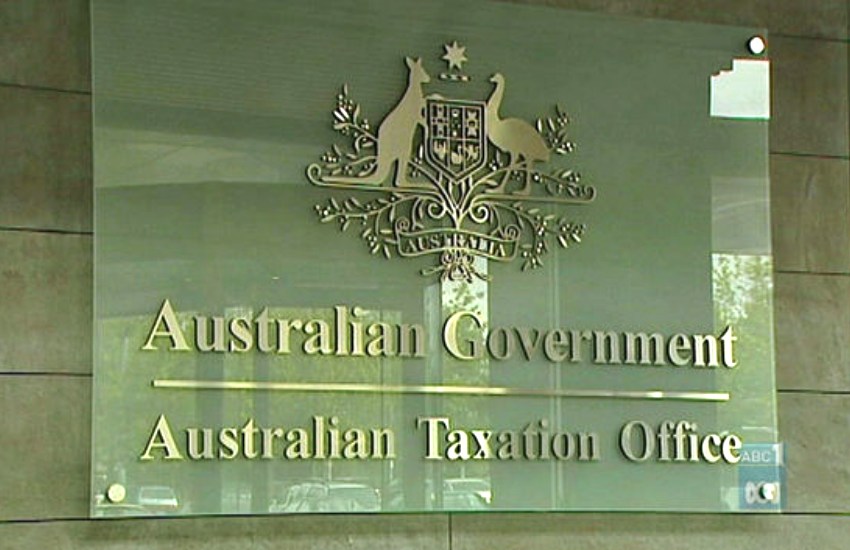A spokesperson for the ATO subsequently suggested that its priority is on keeping businesses alive and profitable so as to continue contributing to the national accounts.
You’re out of free articles for this month
“Our preference is to help small businesses meet their payment obligations on time or address any debts that arise as early as possible, while they are manageable,” the spokesperson told My Business.
“We recognise that small businesses may occasionally experience short-term cash-flow issues that prevent them [from] paying on time. To assist, we offer payment plans tailored to their individual circumstances.”
According to the spokesperson, “more than 800,000 payment plans” were negotiated with small businesses to help them pay off their tax liabilities over time.
That equates to almost one in five small businesses, including sole traders, requiring help to meet their tax liabilities, based on the 4.2 million small businesses from whom the ATO said it currently collects taxes.
“A small business with a debt of $100,000 or less can propose a payment plan online through the business portal, through their registered tax agent or BAS agent, or by calling our automated phone service on 13 72 26, which is available 24 hours a day, seven days a week,” they said.
“Small businesses with a debt over $100,000 can call us on 13 11 42 from 8am to 6pm, Monday to Friday, except national public holidays, to discuss their circumstances.
“We also recognise that small businesses can experience longer-term financial difficulties due to challenging economic conditions or unexpected events. These businesses may qualify for priority processing of their tax return and other concessions or tax breaks.”
Small business tax debt soars
The figure of “over 800,000” was also included in the ATO’s annual report, which it said were designed to “help [small businesses] get back on track”.
According to the report, small businesses account for the overwhelming majority of tax debts, which hit $16.5 billion in the 2018–19 financial year. That has ballooned in recent years, with the Tax Office putting this figure at $15.1 billion in 2017–18 and $13.9 billion in 2016–17.
In addition to this collectable debt owed, small businesses also account for a further $1.4 billion in tax liabilities that were subject to an objection or appeal, and $3.9 billion worth of insolvency debt.
No other group identified by the ATO came anywhere near this level of tax debt.
The next highest group was “privately owned and wealthy groups”, who collectively owe $5.6 billion (plus $3.4 billion being contested and $2.8 billion in insolvency).
Public and multinational companies, meanwhile, were deemed to owe $1.1 billion to the public purse (although had a much larger $6.3 billion under appeal or objection). Not-for-profits owed $200 million.
By contrast, private individuals collectively owe $2.9 billion, with a further $400 million in insolvency debt and $200 million being disputed.
According to the ATO, just 0.3 of a percentage point of the tax debts it is owed for last financial year is deemed unrecoverable, either because it is considered uneconomical to recover or prevented by law.
The ATO’s full annual report to Parliament can be found on its website. Meanwhile, more information on tax payment plans and other relief measures can be found on the “Help with paying” page on the ATO website.

 Login
Login






